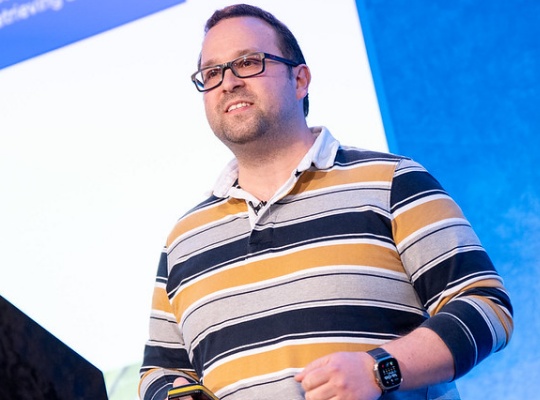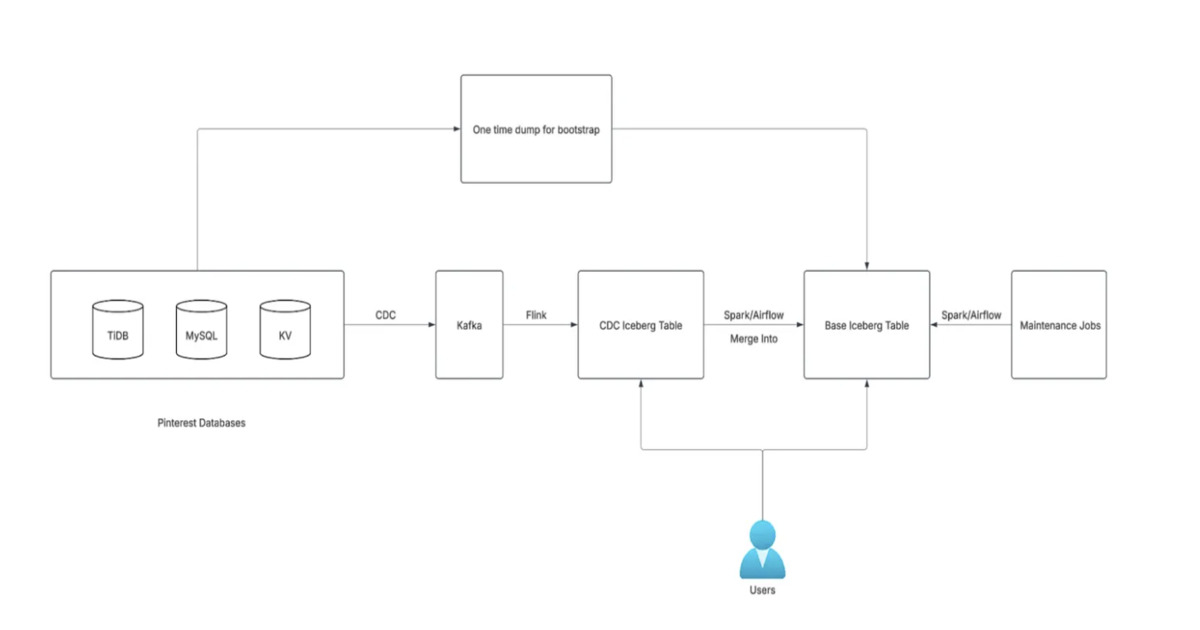Codetown
Codetown ::: a software developer's community
What is Computational Linguistics?
Tags:
Replies to This Discussion
-
Permalink Reply by Jim White on November 22, 2011 at 11:01pm
-
Commercial applications of computational linguistics have been growing by leaps and bounds. IBM created a new poster child for the field with their Jeopardy champion Watson, and most everyone has used Google Translate and/or Voice by now (and fewer yet will have escaped interacting with an Automated Voice Response system). Commercial segments making significant use of NLP include web marketing, medicine, biomedical research, finance, law, and customer call centers.
In the most general terms, computational linguistics is applying computational methods to problems in linguistics. Linguistics then is the study of human language in all its aspects. Although it hasn't received a lot of press until recently, computational linguistics has been around pretty much since the development of the computer. One of the first uses of digital computers (and a key impetus for their development) was in code breaking, which is an application of "compling" (I know, it looks like a typo for "compiling" but CL looks like Common LISP to me). The Association for Computational Linguistics (ACL), the largest and oldest scientific and profssional society in the field, will hold its 50th annual conference next July.
Being such a broad field there are of course many specializations and various communities with differing objectives and vocabularies. Folks primarily focused on engineering computer systems that process human language at a level deeper than simply character strings are generally under the Natural Language Processing (NLP) banner. The commercial success of CL applications and the focus on some problems other than the traditional NLP ones (translation, text understanding, and speech recognition and generation) has spawned Text Analytics as another subfield that is closely associated with Business Intelligence (itself largely commercial application of machine learning methods). Perhaps the biggest focus of Text Analytics has been on sentiment analysis, which assesses a speaker's attitude or mood in something they've said or written (we usually say "speaker" even when the medium is written or typed). There are many businesses that use sentiment analysis on the web to find out what folks are saying about them and their products, in call centers for quality control, and in finance to predict future prices. Applications in law and government include "e-discovery" and smart OCR systems. Lastly, and far from leastly, is compling in the medical field and the specialized domain knowledge it calls for which is known as bioinformatics. Bioinformatics may well be compling's "killer app" because of the tremendous opportunity to do good. Answering technical questions for medical practitioners is the application IBM has targeted as Watson's "day job".
This is a big topic and I have lots I would like to say, so I intend to drop in here often. So stay tuned!~~~~ Jim White
-
-
Permalink Reply by John Considine on November 23, 2011 at 10:01am
-
On a similar note: This fall a colleague of mine informed me of a class being offered by two Standford professors. It is Introduction to Artifical Intelligence (ai-class.com). I signed up for the course along with 138,000 other students. It has been interesting to see some of the therories and formulas used to help the computer find the correct answer. Prior to starting the class, I did not realize it is mostly related to statistics. I just finished the midterm and will hopfully learn alot more as the course continues.
-
-
Permalink Reply by Eric Lavigne on November 25, 2011 at 12:33pm
-
Next semester Stanford is offering a wider variety of online courses. One of them is specifically on natural language processing:
There are also some other courses that would make good follow-ups to the AI course.
Machine learning: http://jan2012.ml-class.org/
Probabilistic graphical models: http://www.pgm-class.org/ (These are the kinds of graphs you saw in the AI course - not about pictures)
Game theory: http://www.game-theory-class.org/
-
-
Permalink Reply by Michael Levin on November 25, 2011 at 12:53pm
-
Excellent. Thanks, Eric!
Eric Lavigne said:Next semester Stanford is offering a wider variety of online courses. One of them is specifically on natural language processing:
There are also some other courses that would make good follow-ups to the AI course.
Machine learning: http://jan2012.ml-class.org/
Probabilistic graphical models: http://www.pgm-class.org/ (These are the kinds of graphs you saw in the AI course - not about pictures)
Game theory: http://www.game-theory-class.org/
-
Notes
Welcome to Codetown!
 Codetown is a social network. It's got blogs, forums, groups, personal pages and more! You might think of Codetown as a funky camper van with lots of compartments for your stuff and a great multimedia system, too! Best of all, Codetown has room for all of your friends.
Codetown is a social network. It's got blogs, forums, groups, personal pages and more! You might think of Codetown as a funky camper van with lots of compartments for your stuff and a great multimedia system, too! Best of all, Codetown has room for all of your friends.
Created by Michael Levin Dec 18, 2008 at 6:56pm. Last updated by Michael Levin May 4, 2018.
Looking for Jobs or Staff?
Check out the Codetown Jobs group.
InfoQ Reading List
Vercel Releases React Best Practices Skill with 40+ Performance Rules for AI Agents

Vercel has launched "react-best-practices," an open-source repository featuring 40+ performance optimization rules for React and Next.js apps. Tailored for AI coding agents yet valuable for developers, it categorizes rules based on impact, assisting in enhancing performance, bundle size, and architectural decisions.
By Daniel CurtisKubernetes Introduces Node Readiness Controller to Improve Pod Scheduling Reliability

The Kubernetes project recently announced a new core controller called the Node Readiness Controller, designed to enhance scheduling reliability and cluster health by making the API server’s view of node readiness more accurate.
By Craig RisiPresentation: Platforms for Secure API Connectivity With Architecture as Code

Jim Gough discusses the transition from accidental architect to API program leader, explaining how to manage the complexity of secure API connectivity. He shares the Common Architecture Language Model (CALM), a framework designed to bridge the developer-security gap. By leveraging architecture patterns, engineering leaders can move from six-month review cycles to two-hour automated deployments.
By Jim GoughMicrosoft Open Sources Evals for Agent Interop Starter Kit to Benchmark Enterprise AI Agents

Microsoft's Evals for Agent Interop is an open-source starter kit that enables developers to evaluate AI agents in realistic work scenarios. It features curated scenarios, datasets, and an evaluation harness to assess agent performance across tools like email and calendars.
By Edin KapićPinterest’s CDC-Powered Ingestion Slashes Database Latency from 24 Hours to 15 Minutes

Pinterest launched a next-generation CDC-based database ingestion framework using Kafka, Flink, Spark, and Iceberg. The system reduces data availability latency from 24+ hours to 15 minutes, processes only changed records, supports incremental updates and deletions, and scales to petabyte-level data across thousands of pipelines, optimizing cost and efficiency.
By Leela Kumili
© 2026 Created by Michael Levin.
Powered by
![]()